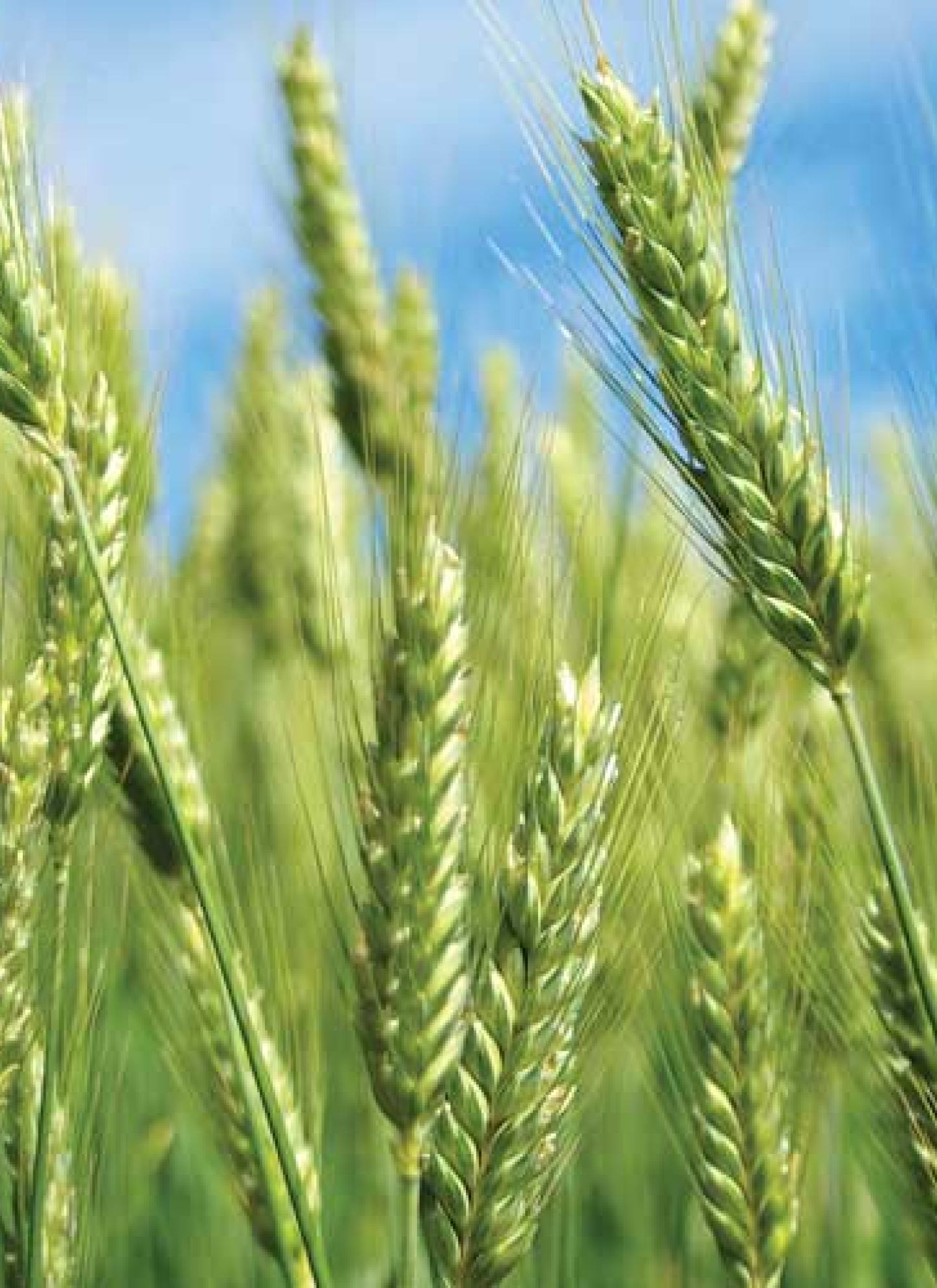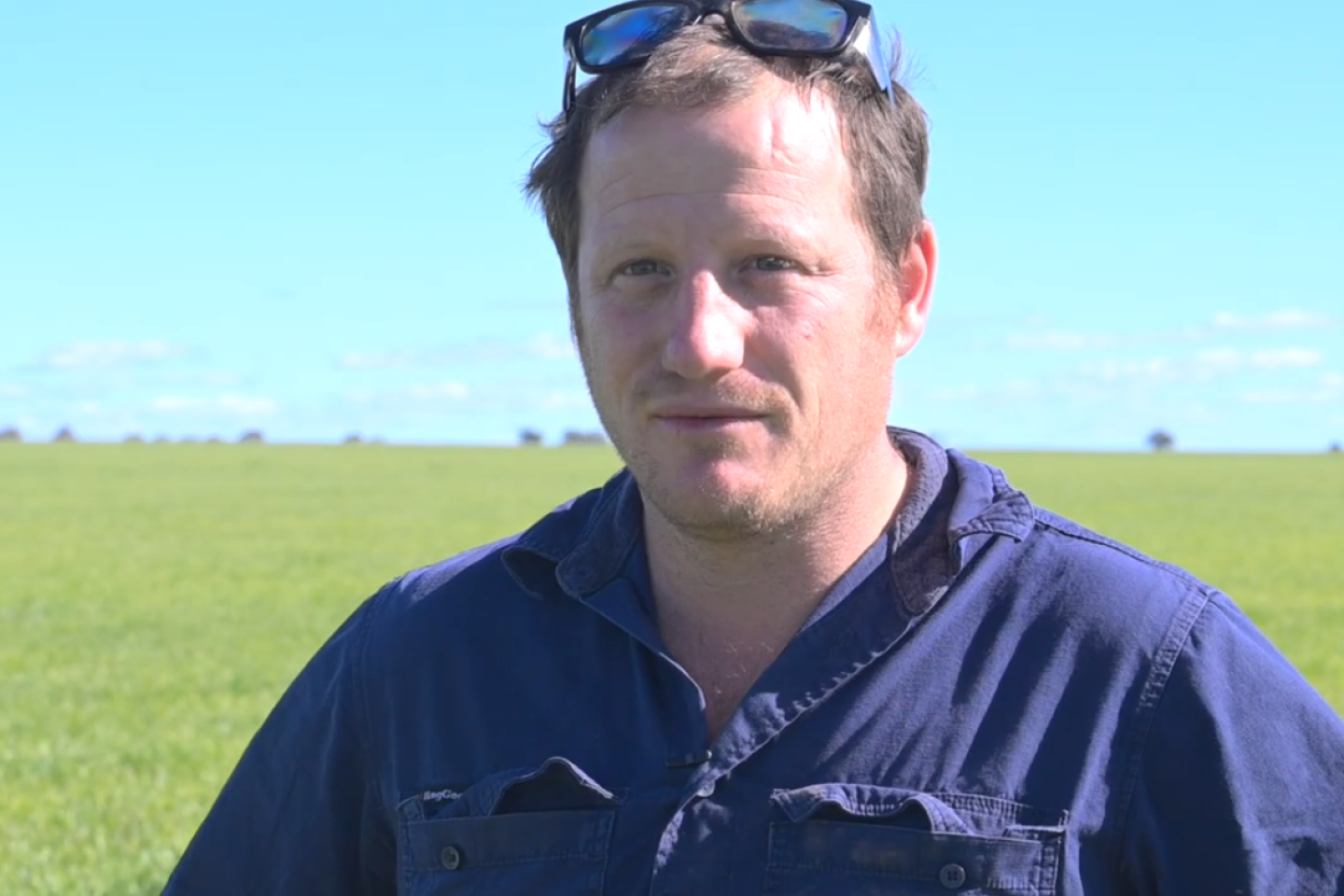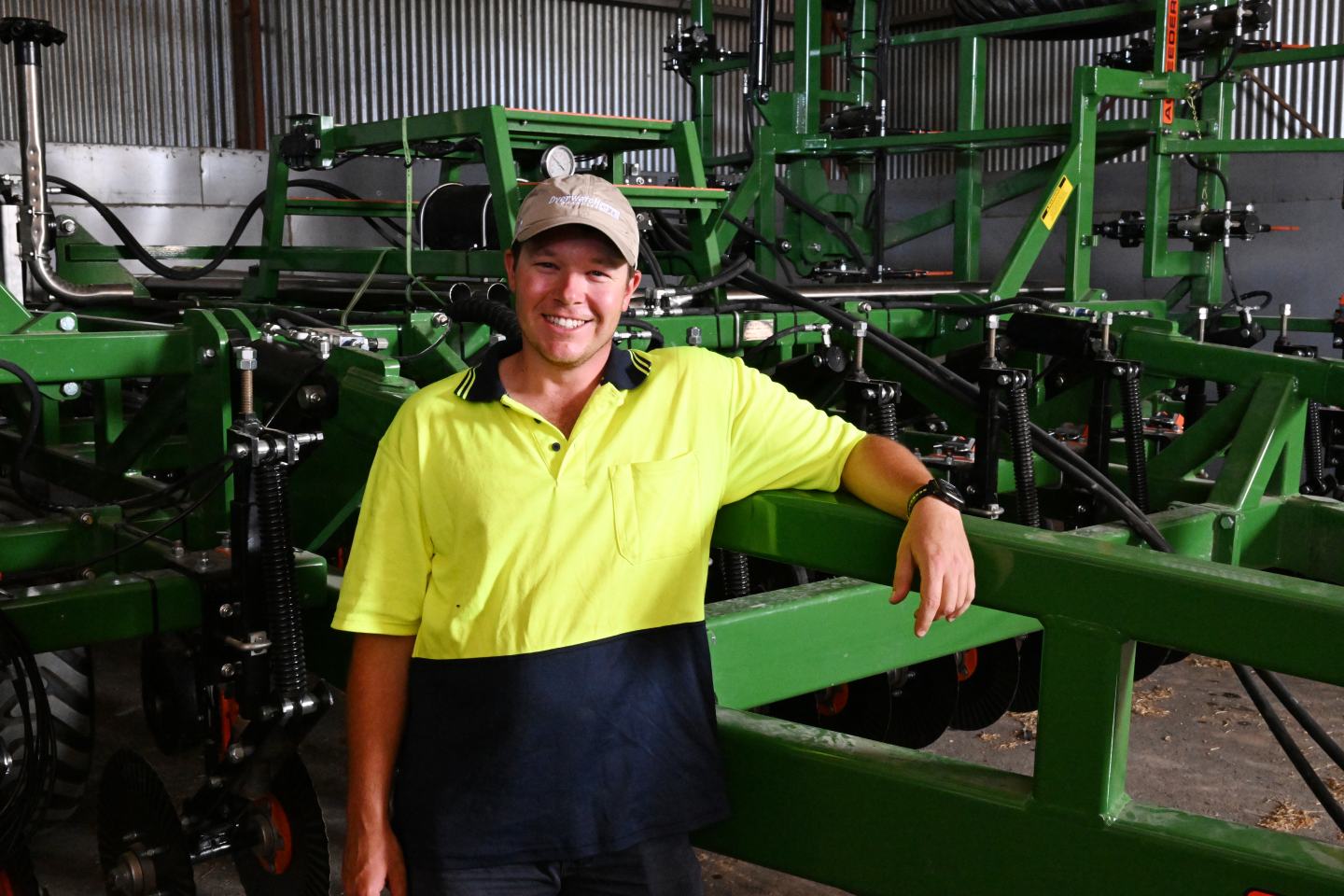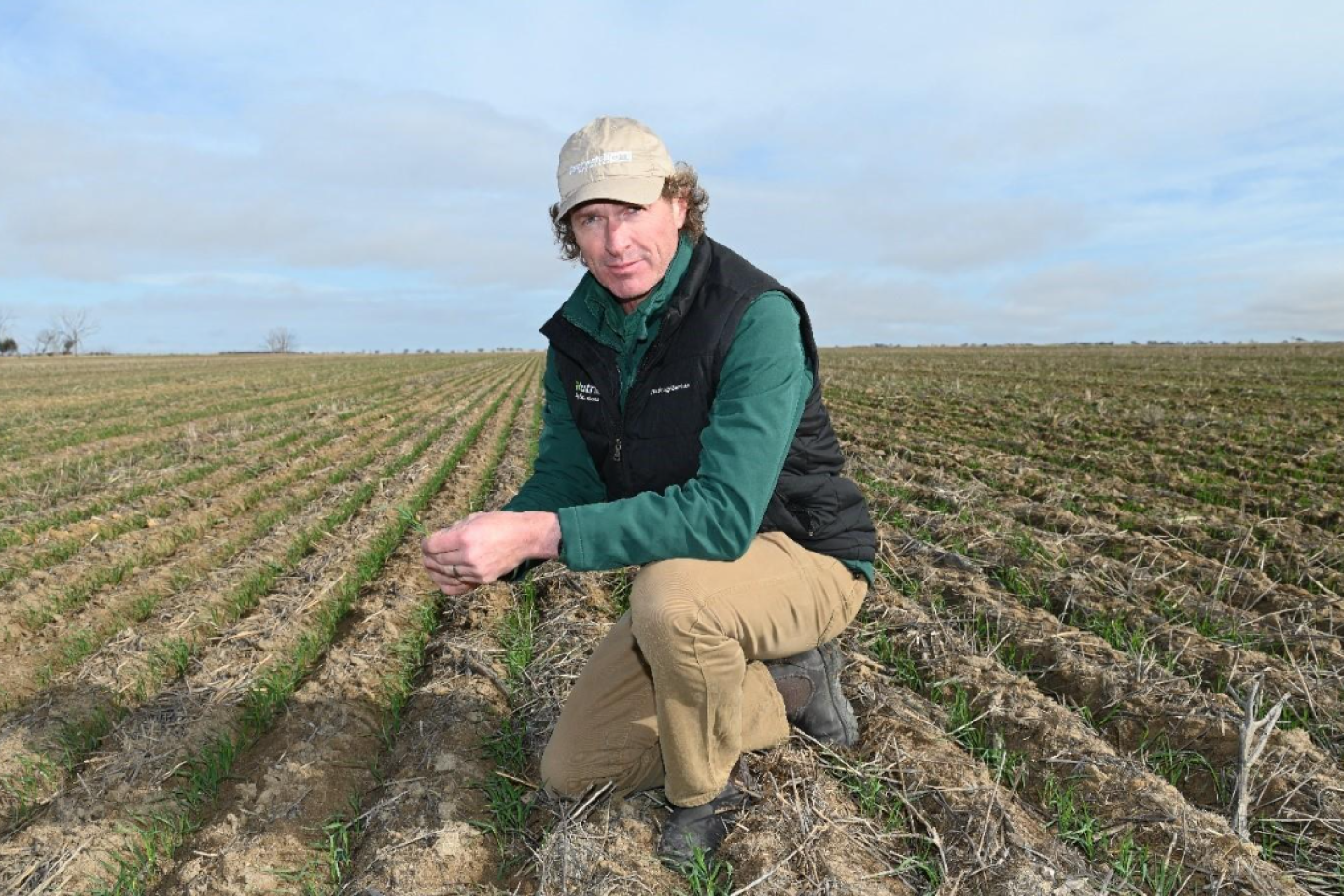A first go at Overwatch® Herbicide will lead to a much greater use after excellent weed control on the property of Richard McKay, at Warren in central west New South Wales.
Mr McKay runs an enterprise focused on the winter crops of wheat, canola, and chickpeas with faba beans and barley as other options. They also grow cotton and run sheep and cattle.
“We rotate into other crops to give us some more options. You get the disease break and get a better crop after rotation. You get some nitrogen out of the pulses and often a bit of nitrogen left after the canola as well. It also gives you a chance to try some different stuff with some weeds.”
He said weeds were a constant challenge in their winter crops and across the summer fallow period.
“In crop, it's ryegrass and some phalaris and black oats for the grass weeds. For broadleaf, it’s milk thistle, wireweed, and fleabane that now grow at all times of the year.”
Summer fallow sprays are utilised from the first rain after harvest followed by clean-ups with a camera sprayer through until planting.
Mr McKay said the plan was to start the winter crop with a clean paddock and then utilise a pre-emergent herbicide at planting.
“There's not really any options for in-crop grass sprays in cereals that work here anymore,” he said. “There's a few pre-emergents that have been working well and we try to rotate those around.
“For our system in the cereals it’s mainly been Sakura*, Boxer Gold* that we’ve used, and now Overwatch® Herbicide has come along. When we’re not doing cereals, it’s atrazine and Balance*.”
He said Overwatch® had been considered for a number of years and they first used it on one paddock of wheat in 2023.
“We've found the results have been good,” he said. “We didn't have any escapes to speak of so we've got a clean paddock and we've learned a bit more about how to use it.”
A John Deere disc seeder with 10-inch row spacings was used with Mr McKay sowing at a speed of 12 kilometres an hour and at sufficient depth to help avoid the seed coming into contact with the herbicide treated soil.
“Like any new product, you don't go in too hard so we're just trying to find the right spot for it,” he said. “We'll give it a run in some other crops. It has been suggested it might also have a good fit with faba beans. We're still learning but it's in the mix now."
“Our agronomist said faba beans are a good place to give Overwatch® Herbicide a go. We haven't grown a lot of faba beans in the past, but the nitrogen kick that people are getting out of them is pretty hard to ignore so we'll probably give them a try next year."
Ryegrass is the weed of most concern on the property and Overwatch® has done an excellent job of controlling it.
“Ryegrass is tough to get on top of and it’s getting worse. It's just such a vigorous, competitive weed. That's why we're trying new things to ensure we stay on top."
“We’ve seen with chemicals that when we use them too much, we lose them quickly.”
Mr McKay said the 2023 season was surprisingly good considering how little rain was received over the growing period.
“We had a bit of rain early in the year in March, which set us up quite well but then not much through the growing season. We were harvesting canola and then wheat in October and we're all finished by the ninth of November, which is a record for us.”
The Overwatch® Herbicide treated wheat crop won the local crop competition, with judges assessing the yield potential just prior to harvest.



